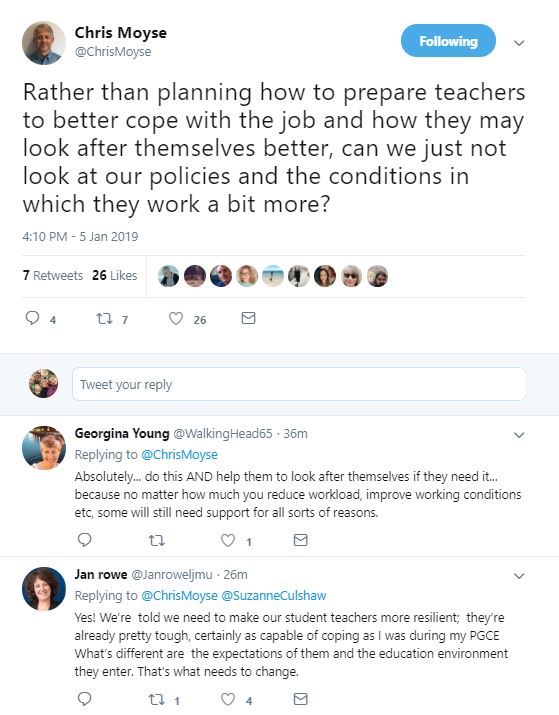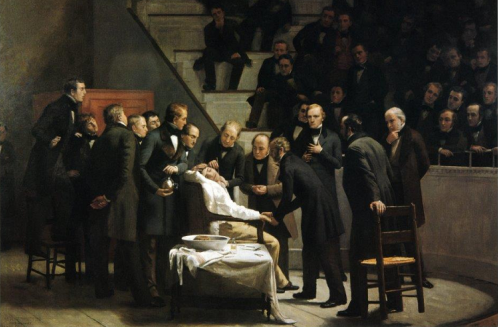Time is a precious resource. When I started teaching, Tesco’s didn’t deliver and Amazon was a rainforest under threat, and all of my time belonged to me. Time was at my disposal, thought I accept that I had no personal commitments. I taught PE, coached for Southampton Academy (Tuesday and Thursday evenings and Sundays), played football (training Monday evenings and every other Thursday evening, and matches Saturdays) and somehow had a busy social life too.
When I reflect, I had successfully completed / survived my PGCE and NQT year and yet, at no time had I been shown how to plan my teaching, manage my time, prioritise my professional tasks or make good personal / professional decisions. I will come back to that shortly.
Working with business owners / Trustees and advocating for The Education Support Partnership, heightened my interest in operational, financial and organisational management. It helped me develop an awareness of the importance of personal effectiveness (both my own and that of my leadership colleagues) and how that supports staff effectiveness and staff well-being. This raised awareness has required me to think more deeply about my own personal effectiveness, how I employ my time and importantly, before I advocate for anything NEW or IMPROVED, let alone NEW and IMPROVED imposed on schools from above.
As a leader, I have a responsibility to align with the wider organisation or Government policy and protect staff from broad-brush, poorly considered organisational decisions. What Jill Berry would call “management filtering”, as opposed to being merely a “management umbrella,” managing up as well as down. That is on top of accepting responsibility for my own decision errors, and on some occasions, I need to communicate an apology and row backwards – clearly communicating what actions I will be taking to amend for my error. Occasionally, I have the responsibility to step in and to protect staff from themselves. That is leadership.
Time is a precious resource and it can be a cruel dictator, if you let it. (This post, which was left in draft connects with one two others, still in draft, on change management and personal effectiveness. Given the amount of directed or imposed change in schools, why we do not make more effort to support school leaders be better change managers is beyond me?)
With the raised awareness around work-life balance (particularly at this time of year) I paused to really consider how we prepare and then support and develop our teachers, middle and senior leaders. It worries me deeply, that in this modern, connected era, we have not yet found a way to upskill teachers with the fundamental personal-professional skills required to be their most effective? Rather we continue to focus of a single point of address, reducing the very real consequences of teacher workload. From my perspective, the Workload Reduction Toolkit recognises the symptoms and suggests remedies. To a lesser extent it recognises some of root causes and attempts to navigate a strategic way forward; the use of written feedback is a good example.
As for upskilling middle and senior leaders. I found the education profession severely wanting. So much so, I am discussing and designing a potential ‘change management’ programme with education focused, change management specialists Hable. That is still insufficient, I am suggesting we need to do go further, and go further back upstream.
Upstreaming
The metaphor describes a dangerous river in which several people are drowning (teachers) and some have perished (exiting teachers). Rescue workers struggle to pull them out and come to realise that no matter how hard they work they cannot rescue or resuscitate (return to teaching) all the victims. Courageously, they discuss how to raise funds to hire more staff and suggest that warning signs be installed.
For me – that is somewhat the approach we are adopting in education. Somewhat the approach of the Workload Reduction Toolkit. We are addressing a self-created problem.
By contrast, upstreaming suggests that we go upstream and figure out why people are falling or jumping into the river in the first place.
I am heading upstream. Here you will meet other protagonists like Chris Moyse, Georgina Young and Jan Rowe. If I were a new or recently qualified teacher, I would seek out these educators and look to work with them.

I moved this paragraph to the end as it is the least important. Reflecting on my own experience, I was sorely ill-equipped. Personal effectiveness and planning skills developed haphazardly. A nudge here, a comment there, minimal co-planning, copying other more experienced teachers, and a pinch of coaching – “come over here and take a look at this Kristian.” It took ten years before I encountered any formal personal effectiveness development in the form of Leading from the Middle (NPQML). I still have a copy of my summary report outlining my Personal Impact, Leading Learning, Leading Innovation and Change, and Building Capacity and of cause the blog posts that accompanied the experience. (Few practitioners, I would think have a ten year professional diary and I note my initial disdain for coaching.)
Yesterday (25.3.19) we hear of Stephen Tierney’s early retirement. An experienced leader, respected by his peers, calling for change.
I did not have his courageous though I find myself agreeing, unless we address a “pernicious accountability system” (for me that is, less so Ofsted, and more so internal performance management approaches) and budget pressures, the professional will continue suffer.
At some point, we will need to stop pulling people out of the river and go upstream to find out why they are falling in.
Thank you for your open commentary Stephen, as a leader, it encouraged me to think hard and stand up for what I believe to be right and proper, on more than one occasion.



Enjoyed reading this, Kristian! Hope 2019 is an excellent year for you – personally and professionally.